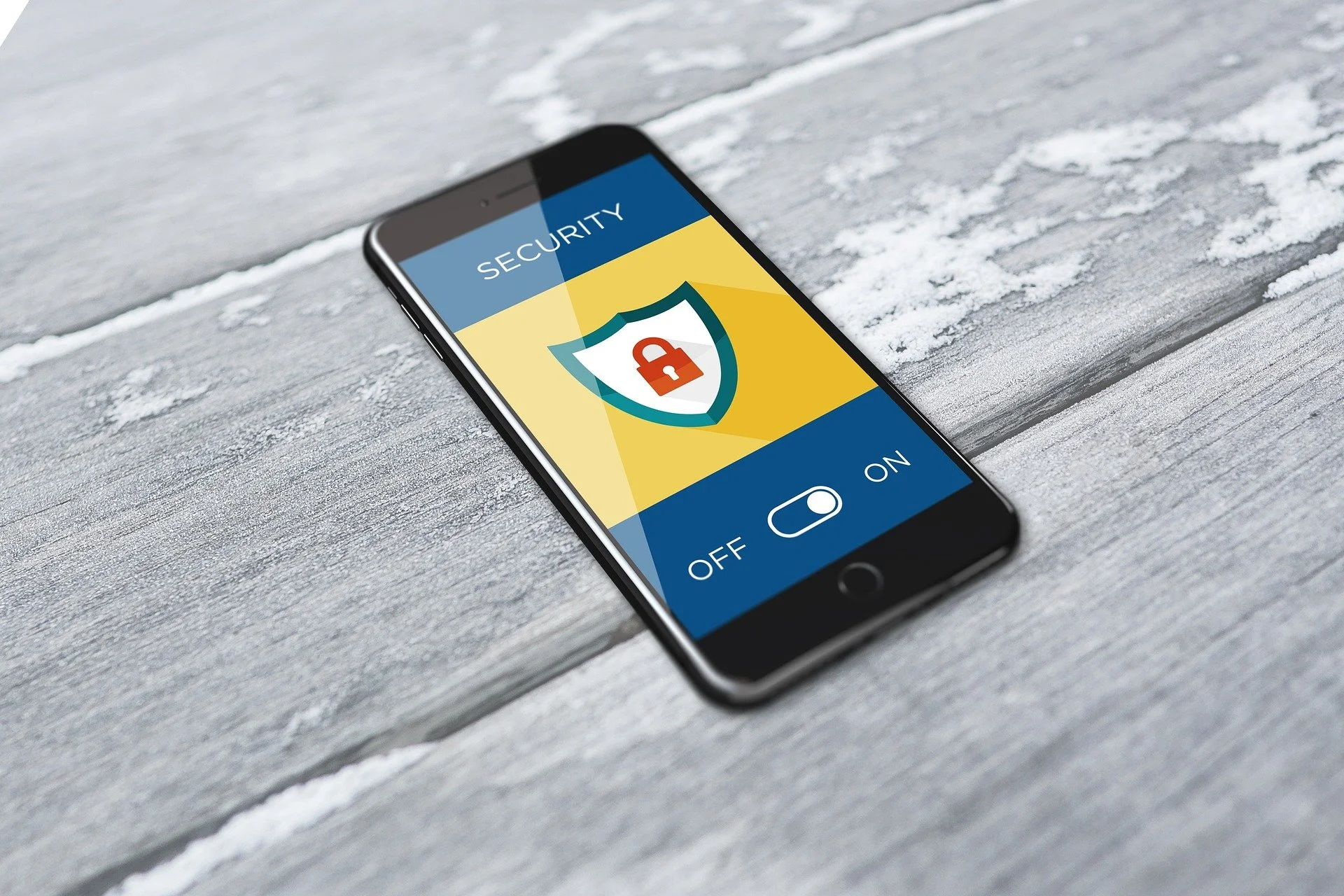Two Factor Authentication
Two-Factor Authentication: Enhancing Computer Network Security
Two-factor authentication (2FA) has become a crucial component of modern computer network security. As cyber threats continue to evolve, relying solely on traditional password-based authentication is no longer sufficient to protect sensitive information and critical systems.
2FA adds an extra layer of security by requiring users to provide two distinct forms of identification to access their accounts or systems. This typically involves a combination of something the user knows (such as a password) and something the user has (such as a one-time code sent to their mobile device or a hardware security key). By implementing 2FA, organizations can significantly reduce the risk of unauthorized access and data breaches, even if an attacker manages to obtain a user's password.
The importance of 2FA in computer network security cannot be overstated. It helps to mitigate the risks associated with password-based authentication, such as weak or compromised passwords, phishing attacks, and password-guessing attempts. By requiring an additional verification step, 2FA makes it much more difficult for attackers to gain access to sensitive information or critical systems, even if they have obtained a user's login credentials. This added layer of security can be particularly valuable for organizations that handle sensitive data, such as financial institutions, healthcare providers, and government agencies.


